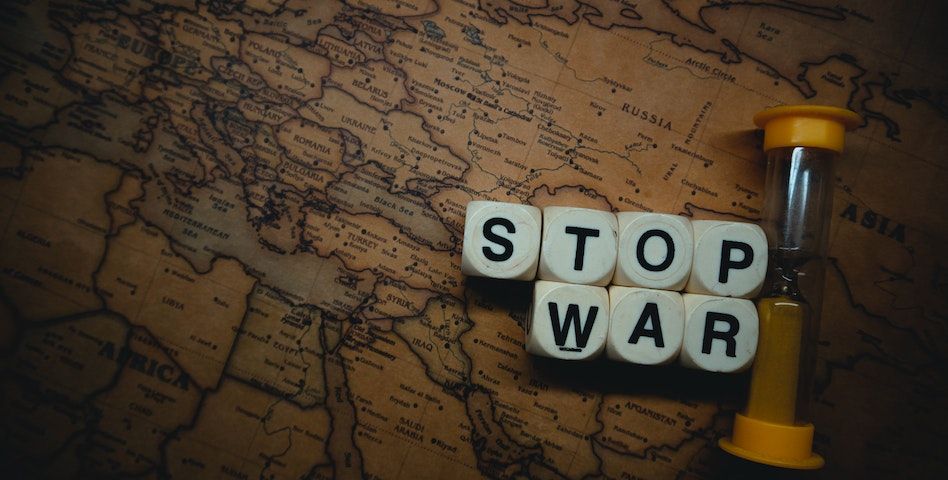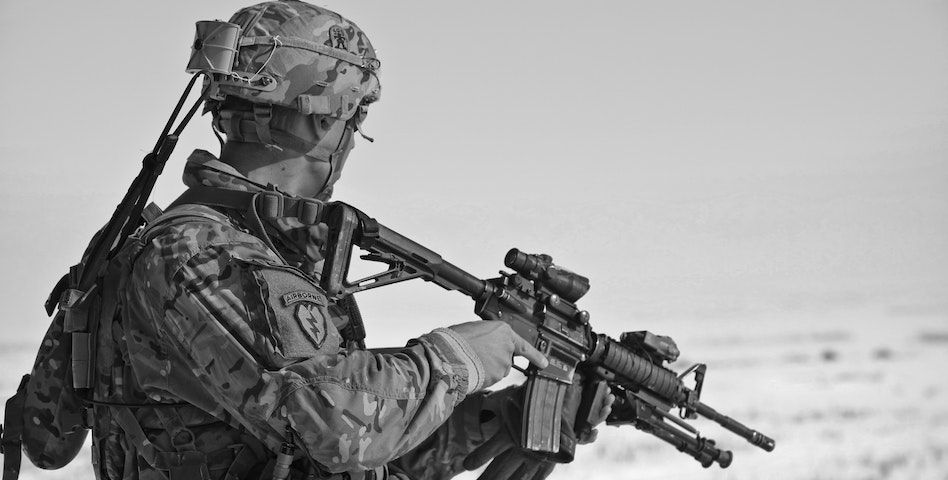World War II: Remembering the Incidents
The Second World War, one of the most significant and devastating conflicts in human history, left an indelible mark on nations and individuals across the globe. Remembering the incidents of World War II is not only a means of honoring the sacrifices made but also an essential part of understanding our shared history. In this blog, we will explore key incidents of World War II, shedding light on the events that shaped the course of the war and the world.
The Invasion of Poland: September 1, 1939
World War II began on September 1, 1939, when Nazi Germany, under the leadership of Adolf Hitler, invaded Poland. This act of aggression prompted Britain and France to declare war on Germany, marking the official start of the conflict. The invasion of Poland was a brutal campaign that resulted in widespread destruction and civilian casualties.

The Blitzkrieg: Lightning War
The Blitzkrieg, meaning "lightning war" in German, was a military strategy employed by the German forces during World War II. This strategy combined the use of fast-moving tanks, aircraft, and infantry to quickly overwhelm and defeat the enemy. The Blitzkrieg was instrumental in the early successes of the German army, as seen in the swift conquest of Poland and later in the invasion of France.
The Battle of Dunkirk: May 26 - June 4, 1940
The Battle of Dunkirk, also known as the Dunkirk evacuation or Operation Dynamo, was a pivotal moment in the early stages of World War II. After the German forces surrounded British and Allied troops on the beaches of Dunkirk, France, a massive evacuation operation was launched. Over 330,000 British and French soldiers were safely evacuated across the English Channel to Britain, saving a significant portion of the British Expeditionary Force.
The Battle of Britain: July - October 1940
The Battle of Britain was an intense air battle between the Royal Air Force (RAF) and the German Luftwaffe. It was a critical moment in the war, as Hitler sought air superiority over Britain to pave the way for a possible invasion. The bravery and resilience of the RAF, along with the use of innovative radar technology, thwarted the German air campaign and prevented a German invasion of Britain.
The Holocaust: Genocide Unveiled
The Holocaust, one of the most horrifying and tragic events in human history, occurred during World War II. Under the Nazi regime, millions of Jews and other minority groups were systematically persecuted and murdered in concentration and extermination camps. The Holocaust serves as a grim reminder of the depths of human cruelty and the importance of never forgetting such atrocities.
D-Day: June 6, 1944
Operation Overlord, known as D-Day, was the largest amphibious invasion in history. Allied forces, primarily American, British, and Canadian troops, landed on the beaches of Normandy, France, to liberate Western Europe from Nazi occupation. D-Day marked a turning point in the war, leading to the eventual defeat of Nazi Germany.
The Atomic Bombs: Hiroshima and Nagasaki
In August 1945, the United States dropped atomic bombs on the Japanese cities of Hiroshima and Nagasaki. These devastating attacks led to Japan's surrender, effectively ending World War II. The bombings also ushered in the nuclear age and raised ethical and moral questions about the use of such destructive weapons.
The Nuremberg Trials: Accountability and Justice
After World War II, the Nuremberg Trials were held to prosecute Nazi leaders for their roles in war crimes and crimes against humanity. These trials established the principles of international law and individual accountability for wartime atrocities. They set a precedent for subsequent trials of individuals responsible for war crimes.
The United Nations: A Quest for Peace
In the aftermath of World War II, the United Nations was established to promote international cooperation and prevent future conflicts. The UN Charter, signed in 1945, affirmed the principles of peace, security, and human rights. The organization continues to play a central role in addressing global challenges and conflicts.

Conclusion: Remembering, Reflecting, and Learning
Remembering the incidents of World War II is not merely an exercise in historical recollection; it is a solemn duty to honor the sacrifices made by countless individuals and nations. It is also an opportunity to reflect on the consequences of war, the importance of peace, and the need for international cooperation. By understanding the events that transpired during World War II, we can work towards a world where such devastating conflicts become relics of the past, replaced by a commitment to diplomacy, dialogue, and the pursuit of lasting peace.